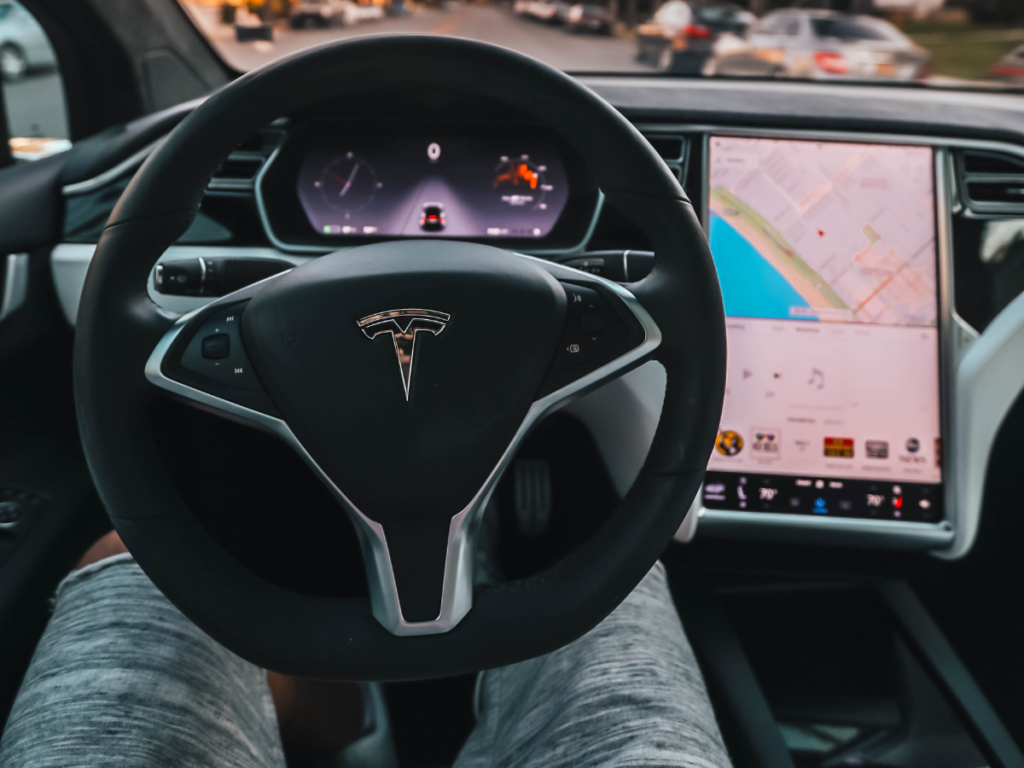Tesla Recalls Two Million Vehicles Due To Safety Concerns

Tesla, the leading manufacturer of electric vehicles, has recently announced a recall of over 2 million vehicles in response to safety concerns related to its Autopilot system. This recall follows a comprehensive two-year investigation by the U.S. National Highway Traffic Safety Administration (NHTSA), which found critical issues with Tesla’s driver monitoring system.
Ultimately, Tesla’s recall underscores the serious safety concerns associated with its Autopilot system. As investigations reveal defects in the monitoring system, drivers and passengers affected by these issues must be aware of their legal options. Seeking guidance from a qualified attorney can make a significant difference in navigating the complexities of a case involving automotive safety defects.
NHTSA’s Investigation
The NHTSA initiated its investigation in 2021 following reports of Tesla vehicles using the partially automated system colliding with parked emergency vehicles. The investigation examined 35 crashes involving Teslas suspected of operating on a partially automated driving system, resulting in 17 fatalities. Notably, the NHTSA discovered that out of 43 crashes with detailed data, 37 drivers had their hands on the wheel in the final second before the crashes, indicating a lack of sufficient attention.
Jennifer Homendy, chairwoman of the National Transportation Safety Board (NTSB), expressed concerns about the effectiveness of Tesla’s technology, emphasizing that the monitoring system, including steering torque, was insufficient to keep drivers engaged.
Defective Monitoring System
The recall stems from findings in the NHTSA investigation, revealing a defect in Tesla’s driver monitoring system. This system is designed to alert drivers if it fails to detect torque from their hands on the steering wheel. However, the investigation concluded that this monitoring system is defective, necessitating corrective measures.
Ineffectiveness of Torque Monitoring
While Tesla’s torque monitoring is innovative, experts stress its inadequacy, advocating for more comprehensive solutions, especially in low visibility. Tesla’s Autopilot system hinges on a driver monitoring mechanism primarily utilizing torque detection, measuring the rotational force applied to the steering wheel. This approach aims to ensure driver engagement during semi-automated driving.
Despite being innovative, some experts criticize the exclusive reliance on torque measurement. Jennifer Homendy of the NTSB has expressed reservations and pointed out that torque measurement fails to comprehensively gauge a driver’s focus. Instead, night-vision cameras, which track eye movement, are preferred by experts as they offer a more nuanced solution. This is especially beneficial in challenging driving conditions.
Expert Opinions on Monitoring Systems
Engineering and legal experts have scrutinized Tesla’s monitoring systems, shedding light on their inadequacies. These critiques emphasize the crucial role of night-vision cameras in ensuring genuine driver focus on the road. While some Tesla models incorporate interior-facing cameras, their efficacy, particularly in low-light conditions, has been questioned, casting doubts on their ability to reliably monitor driver attention, especially at night.
Donald Slavik, a legal representative handling lawsuits against Tesla, underscores the complexities of relying on human monitoring of automated systems. He highlights significant delays in response under specific conditions, emphasizing the need for more sophisticated monitoring mechanisms. Slavik’s insights illuminate the challenges associated with depending solely on drivers to remain vigilant, especially in scenarios where quick responses are paramount.
Missy Cummings, a distinguished professor of engineering, echoes the sentiment that monitoring hands on the steering wheel falls short as a reliable proxy for attention. She advocates for substantial improvements in monitoring technology, particularly emphasizing the limitations of torque measurement. Cummings’ viewpoint aligns with the growing consensus among experts that a comprehensive monitoring system, such as night-vision cameras, is essential for accurately gauging a driver’s cognitive engagement with the driving task.
Having a Dallas Auto Product Liability Lawyer on Your Side
If you believe that Tesla’s Autopilot system played a role in the accident, an experienced auto product liability lawyer can help you pursue a claim for compensation. Whether it involves issues of inadequate monitoring systems or other safety concerns, your attorney can advocate for your rights and ensure that you receive fair and just compensation for any injuries or damages incurred. Damages you may be entitled to claim include medical expenses, lost wages, and property damage.
Your Legal Allies After an Accident
If you’ve suffered severe injuries in a Tesla-related accident, contact The Lenahan Law Firm. You can rely on our Dallas auto product liability attorneys for dedicated guidance, unwavering support, and fierce representation.
We never back down in the face of injustice—call (214) 295-1008 today for a free consultation to discuss your case.